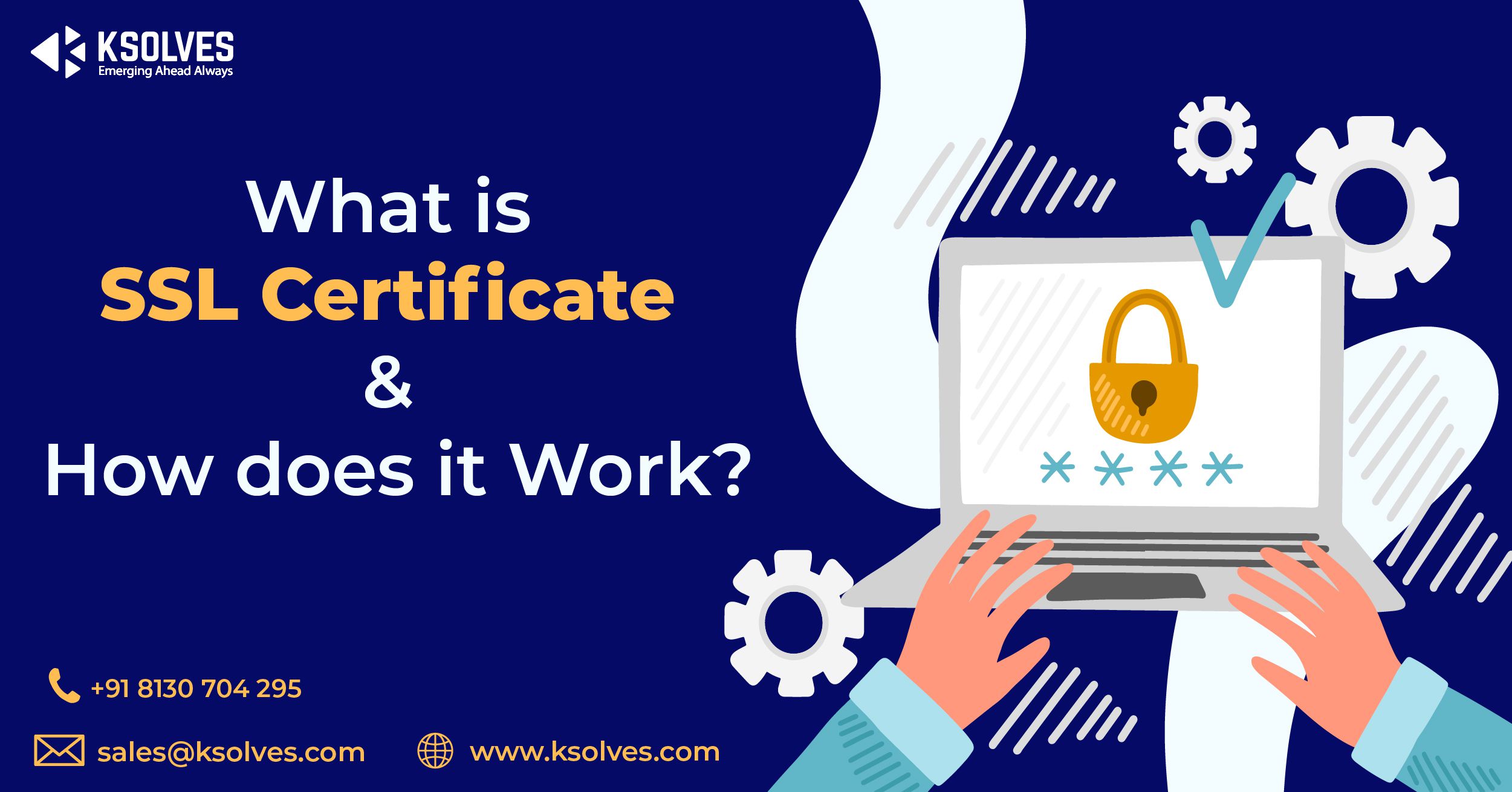Magento
5 MIN READ
May 28, 2021
![]()

SSL is the abbreviation for Secure Sockets Layer. It is a widely utilized security technology that allows encrypted communication amongst a web server and a web browser. SSL certificate is a kind of digitally generated certificate. The motive of this certificate is to provide the tag of authenticity to a website and hence, it permits its encrypted connection. With SSL, a private conversation can also take place just amongst the two envisioned parties, i.e., between a web server and a web browser.
If you don’t have an SSL certificate for your website, then your website may get prone to hackers. Google will also send a message to users that your website is not secure. So, SSL authenticates your website and server connections. The website will still run normally without this certificate, but it will not be secured in Google’s eyes.
To get an SSL certificate into action, public-key cryptography is used. This cryptography key further uses two keys which are: a public and a private key. These keys play a significant role in communicating secured data amongst two systems. They also encode and decode the secured data. So, now let’s jump on to how SSL certificates work.
The main objective of SSL certification is to establish a safe transport-layer connection that links the client to the server. The connection is generally between the client’s browser and the website server.
The SSL handshake can be defined as an asymmetric cryptography method that establishes a safe channel for the client & server to communicate. All HTTPS connections start with an SSL handshake.
A successful handshake occurs behind the client’s browser or the application automatically, without causing any disturbance to the client-user experience. However, termination of the connection can happen, if triggered by a failed handshake. It usually happens after an alert message is sent to the client’s browser.
In short, the SSL certificates function by utilizing a combination of symmetric & asymmetric cryptography to establish communications over the internet. Other infrastructures are also involved in accomplishing enterprise SSL communication(Public Key Infrastructures).
As we have already mentioned above, SSL stands for Secure Sockets Layer. It is basically a globally used technology that helps to keep a connection secure and protects all confidential data sent between the web server and the web browser. SSL ensures that the website is secure to use and it is also protected from any unwanted hacker attack and other such issues.
TLS stands for Transport Layer Security. It is an updated version of SSL. It is much more secure than SSL. HTTPS stands for HyperText Transfer Protocol Secure. You can see HTTPS on the URL of websites that are secured with an SSL certificate. If you see that the URL is with HTTPS:// that means the website is secure to use. Google also supports such websites with SSL.
We hope this blog post cleared your doubts regarding SSL certificates. If you feel that you need more help with this topic, then you can either visit the Ksolves website to read our blogs, or you can let us know in the comment section below. Our experts will get in touch with you soon. Thank you for reading.
Email: sales@ksolves.com
Call : +91 8130704295
![]()